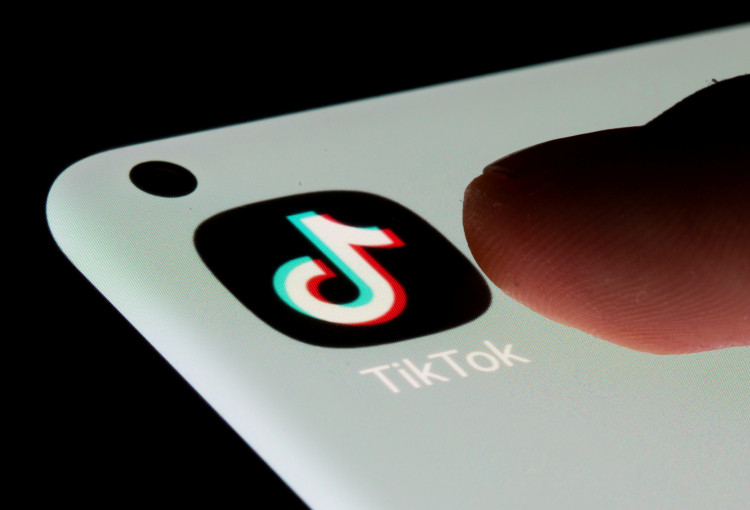President Donald Trump will sign a new executive order granting ByteDance a 90-day extension to finalize the sale of TikTok's U.S. operations, marking the third postponement of a congressionally mandated divestiture deadline aimed at addressing national security concerns over the app's Chinese ownership.
The reprieve, announced Tuesday by White House press secretary Karoline Leavitt, comes days before a ban was set to take effect under a bipartisan law signed in 2024. The law compels ByteDance to divest TikTok's U.S. business or face removal of the app from American app stores, potentially cutting off access for its estimated 170 million U.S. users.
"This extension will last 90 days, which the Administration will spend working to ensure this deal is closed so that the American people can continue to use TikTok with the assurance that their data is safe and secure," Leavitt said in a statement. "As he has said many times, President Trump does not want TikTok to go dark."
Trump's move reflects a notable shift from his earlier stance. In his first term, the president issued an executive order banning TikTok on national security grounds. That order was blocked in federal court. After returning to office, Trump signed another executive order delaying implementation of the 2024 law by 75 days, citing concerns over user disruption and economic fallout.
Despite expectations that a deal would be finalized before the previous deadline, no U.S.-based buyer has been announced. "There will almost certainly be a high-level agreement," Vice President JD Vance said in March, but negotiations have been complicated by broader geopolitical tensions between Washington and Beijing.
On Tuesday, Trump told reporters, "Probably have to get China approval, but I think we'll get it. I think President Xi will ultimately approve it."
The Associated Press reported in April that Chinese authorities slowed approval of any ByteDance sale after the Trump administration imposed sweeping new tariffs on Chinese goods. A source familiar with the matter said ByteDance had indicated Beijing would not greenlight a TikTok deal until trade talks progressed.
The Supreme Court upheld the TikTok divestiture law earlier this year, affirming Congress's ability to target foreign-owned apps deemed national security threats. However, the platform has not yet complied.
TikTok briefly went dark in the U.S. days before Trump's January 2025 inauguration. Service resumed after Trump signaled he would extend the deadline. The platform has remained operational under successive executive actions, despite legal, political, and diplomatic hurdles stalling divestment efforts.
ByteDance's attempts to secure a U.S. buyer have reportedly included discussions with several firms, though the identities of potential acquirers remain undisclosed. Any transaction would likely require approval not only from U.S. regulators but also from Chinese officials, who view the app's recommendation algorithms as a sensitive technology.
Trump, who joined TikTok as a user more than a year ago, has since embraced the app as a key political and cultural tool. Yet critics from both parties continue to press for swift enforcement of the law, arguing that data access by a China-based company poses unacceptable risks to U.S. citizens.




